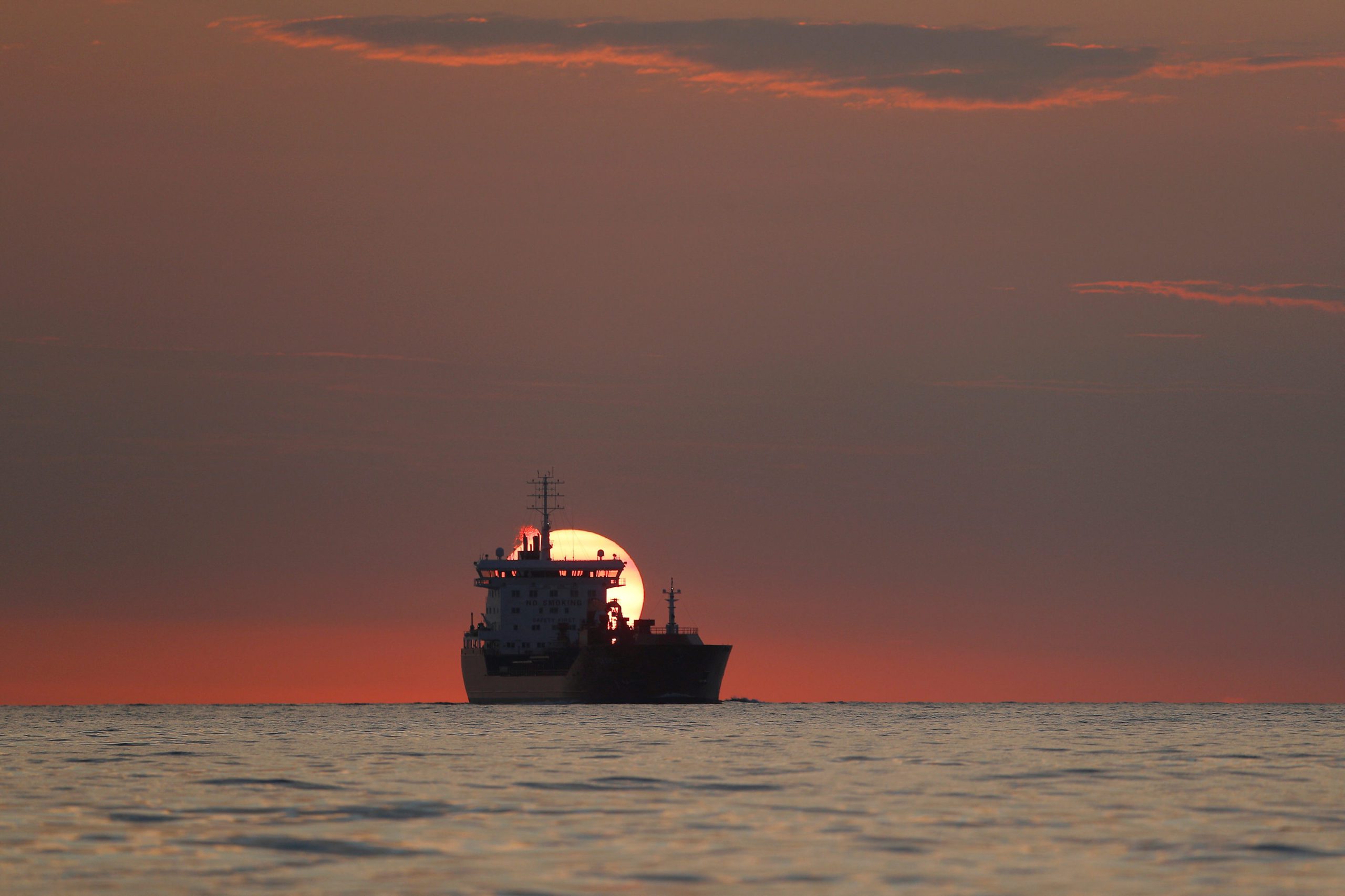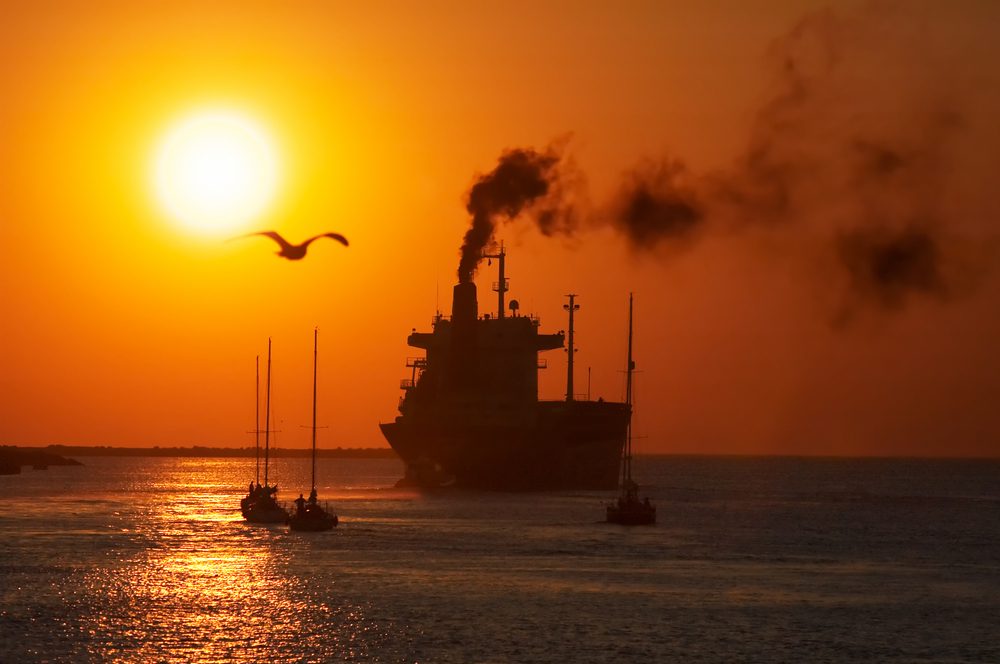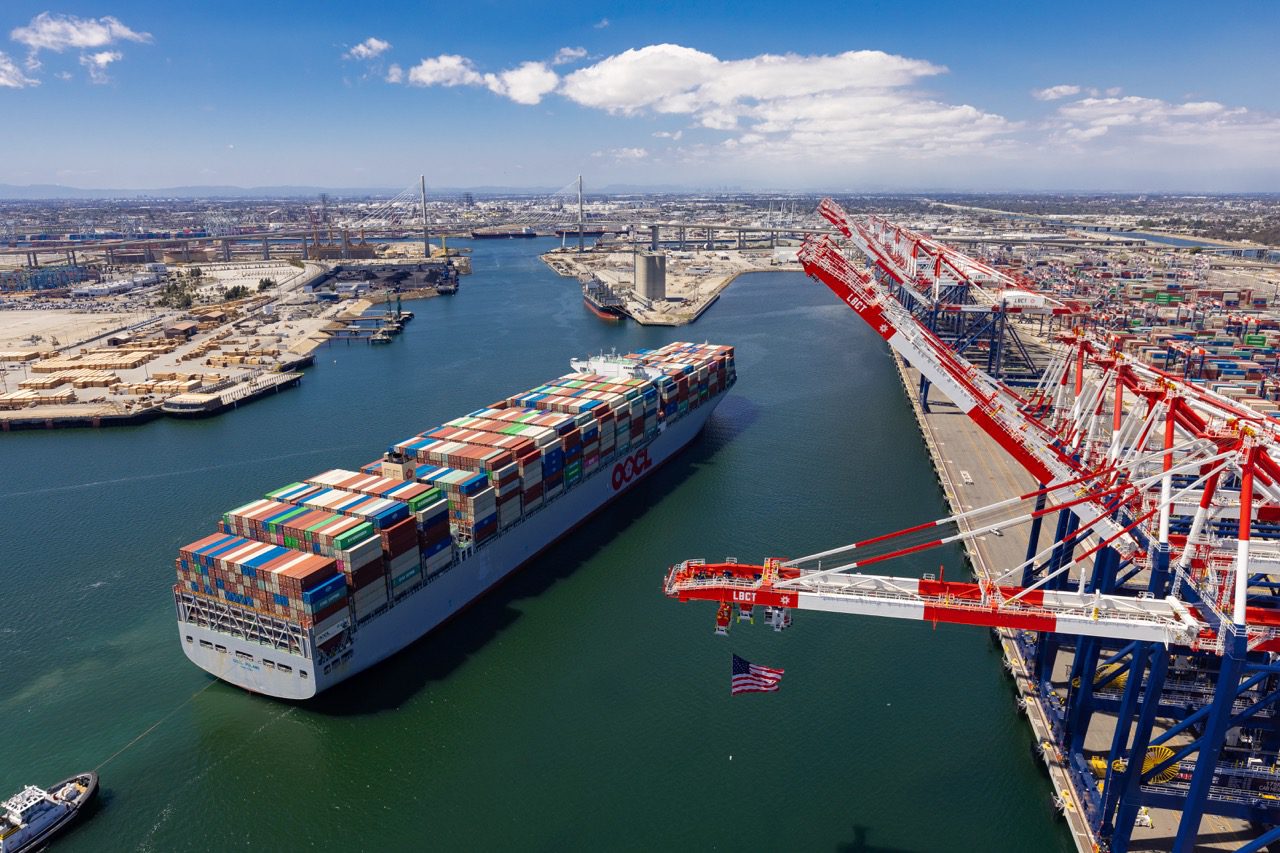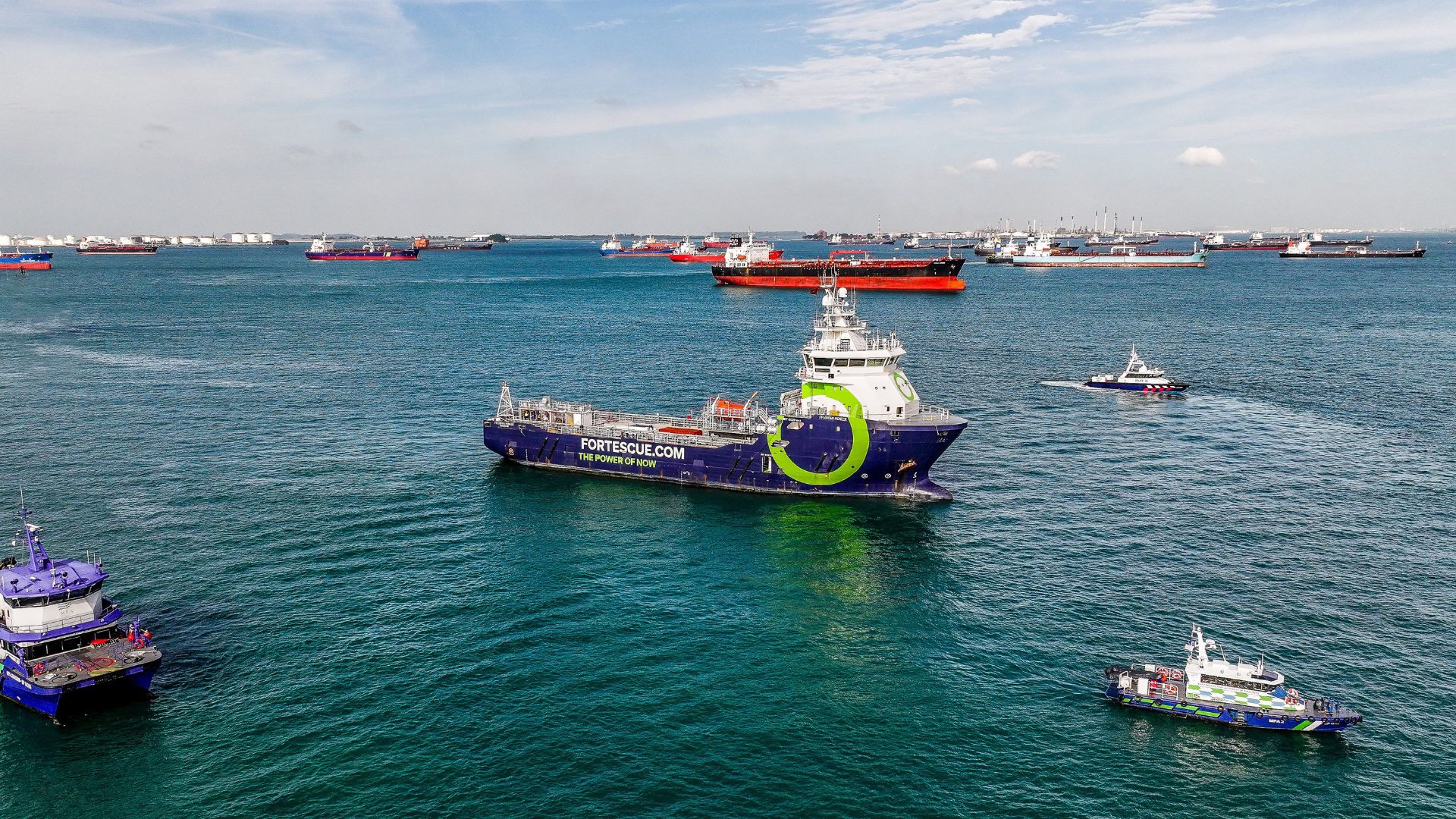The International Chamber of Shipping (ICS) has formally backed the International Maritime Organization’s (IMO) Net-Zero Framework (NZF), while stressing the need for clearer incentives to drive the maritime industry’s decarbonization efforts.
Agreed upon by IMO member states in April, the NZF represents the first global emissions pricing mechanism for an entire industry. While the ICS supports this landmark initiative, shipowners—particularly smaller and medium-sized companies—have expressed concerns about potential compliance complexities.
ICS Secretary General Thomas A. Kazakos stressed the importance of the upcoming October IMO meeting, where the framework is expected to be formally adopted:
“The IMO needs to formally adopt the Net Zero Framework in October to send a clear signal to industry and provide the incentive needed to produce these cleaner fuels. Industry needs clarity, simplicity, and detail on the rewards.”
The ICS has highlighted that current discussions have primarily focused on emissions penalties rather than incentives for adopting cleaner fuels. The organization argues that these incentives will be crucial in motivating fuel producers to develop the necessary infrastructure for shipping to meet decarbonization targets.
In its submissions to the IMO, the ICS has proposed specific language changes to strengthen the framework, including replacing the word “may” with “shall” to provide stronger market signals.
The organization has also responded to the European Union Commission’s consultation by encouraging the replacement of the EU Emissions Trading System (ETS) with the IMO NZF once adopted, advocating for a unified global approach rather than regional regulations.
According to the ICS, governments must establish clear standards for alternative fuels to reassure producers that investments in green fuel infrastructure are commercially viable, enabling the industry to confidently invest in cleaner technologies.
The International Chamber of Shipping represents over 80% of the world merchant fleet across all sectors and trades, making it the principal international trade association for merchant shipowners and operators.
Editorial Standards · Corrections · About gCaptain

 Join The Club
Join The Club











